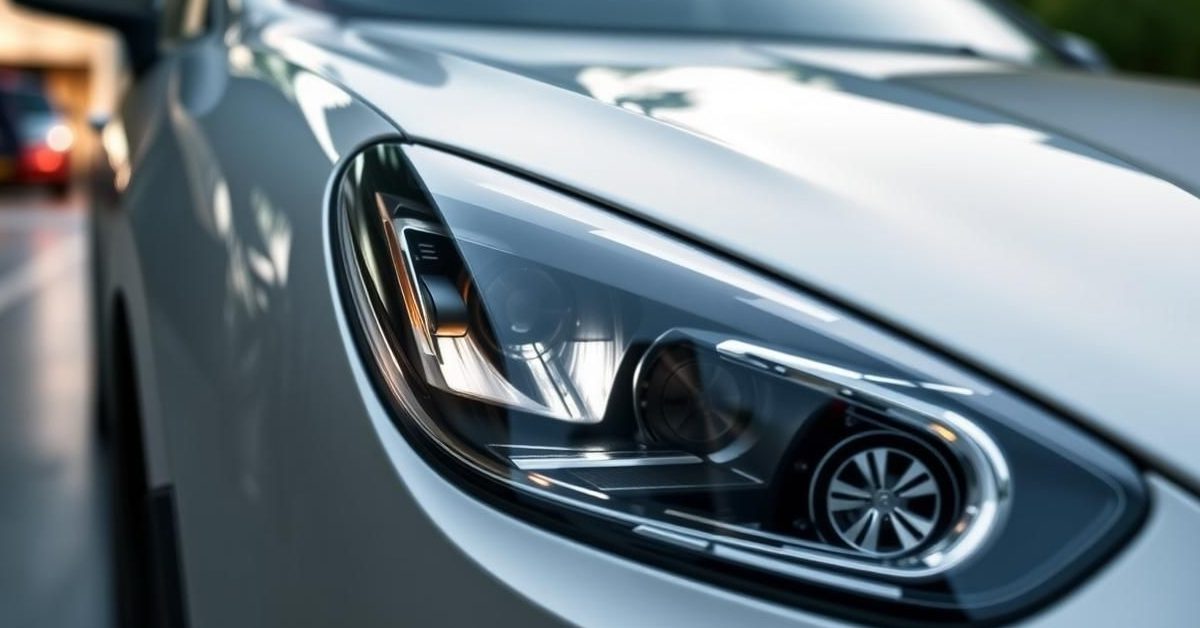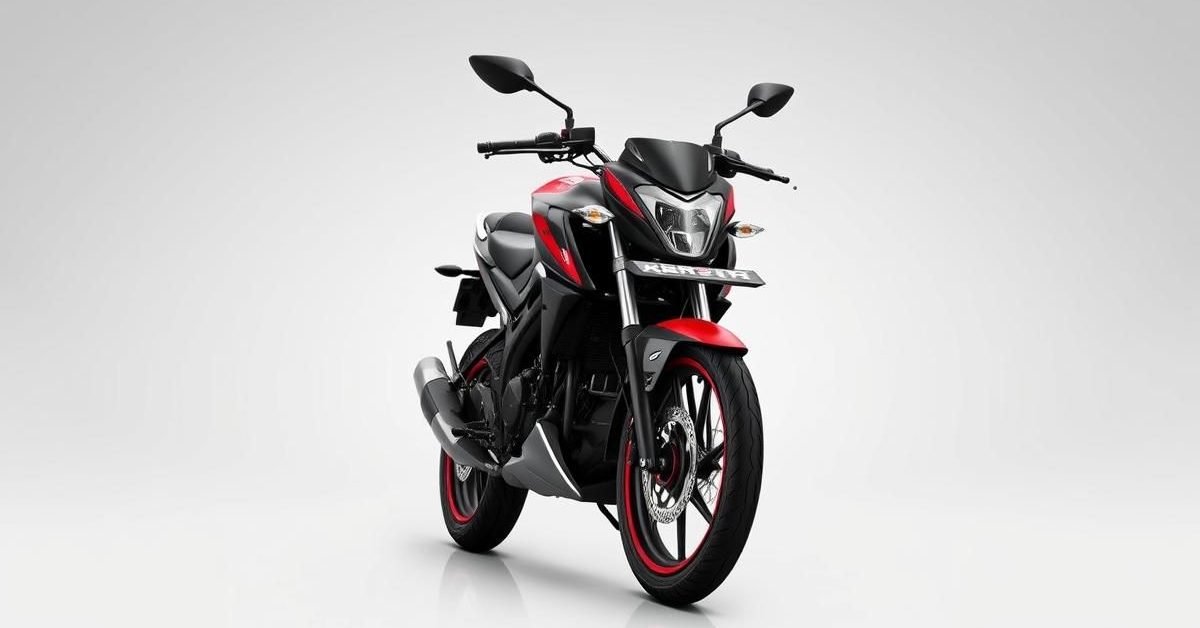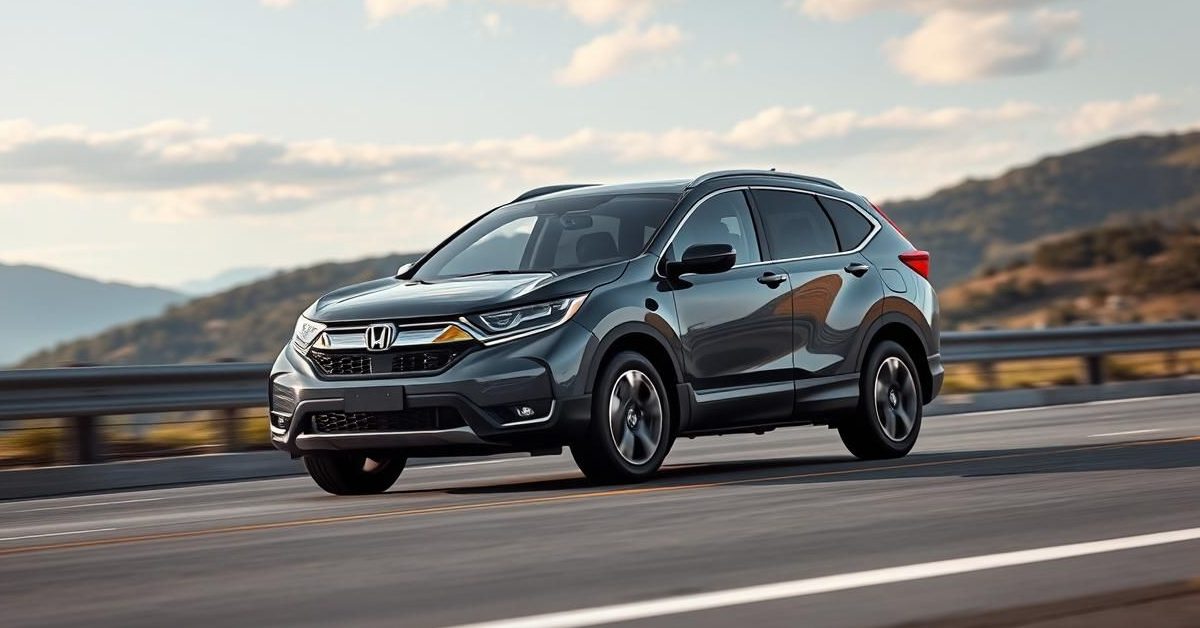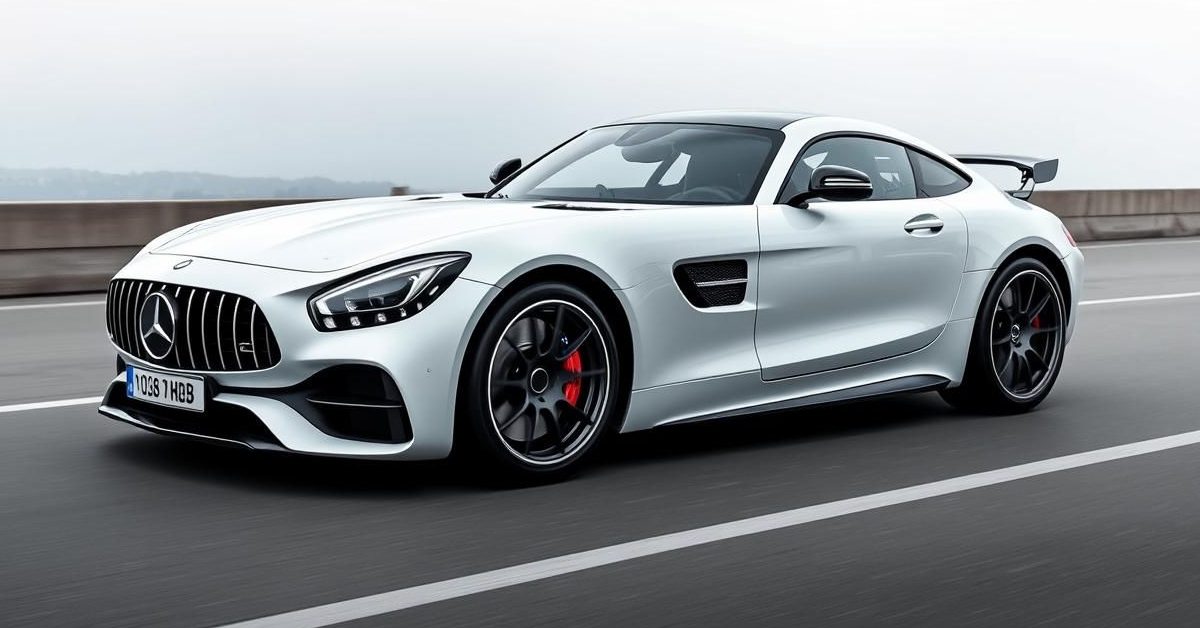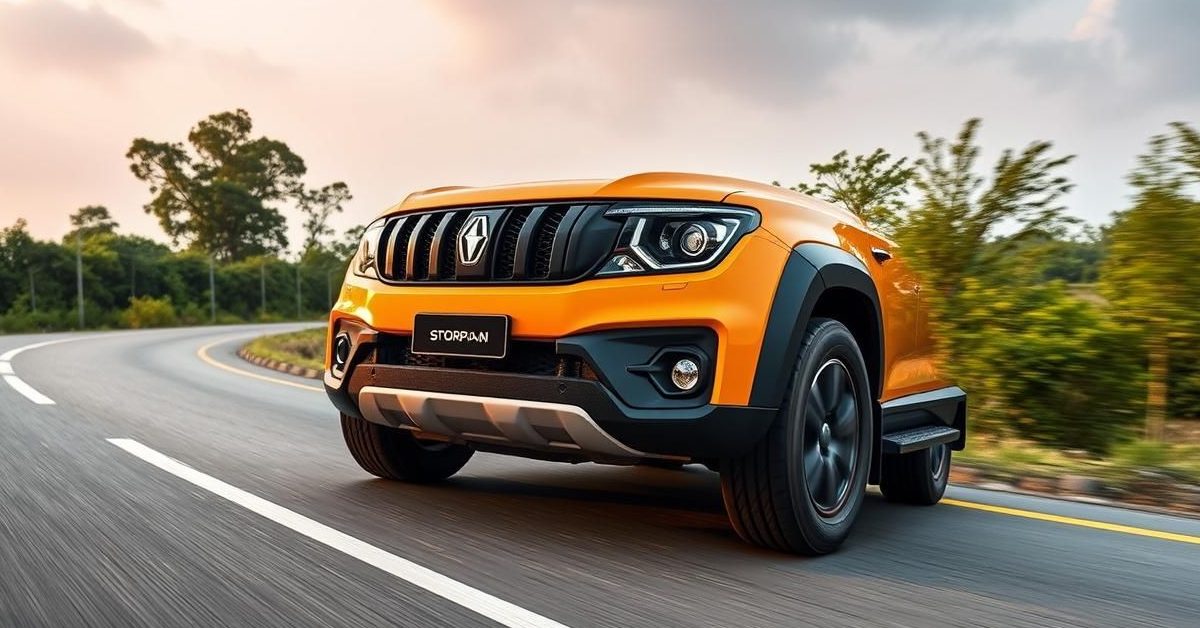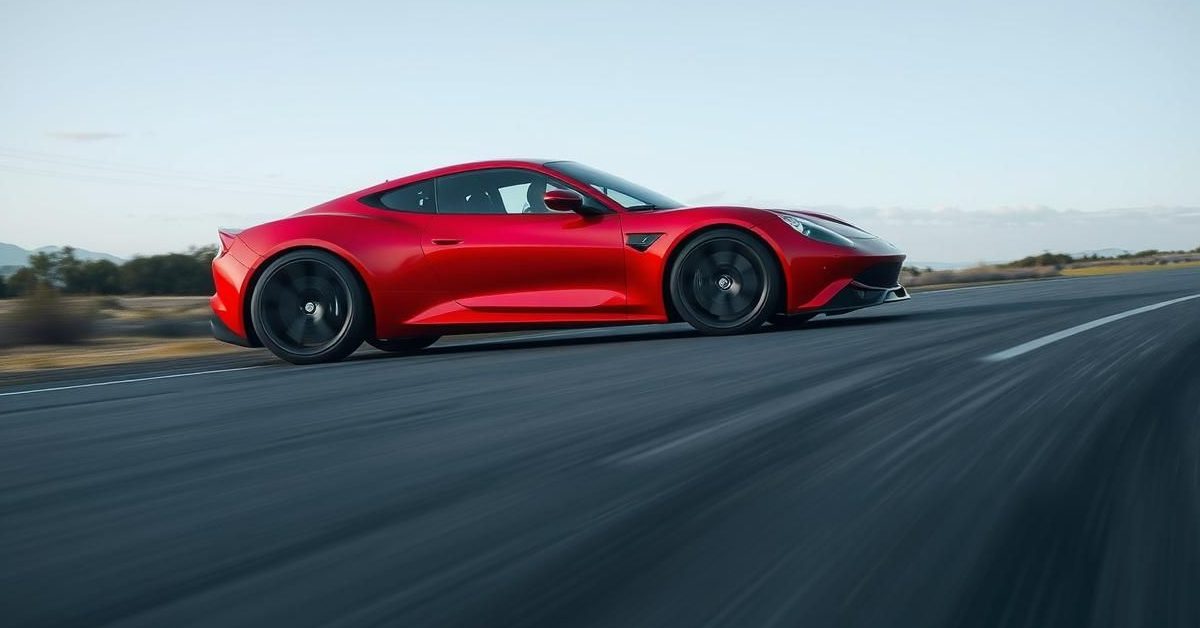A Potential Shift: Government Eyes Lighter CAFE Norms for Small Cars
Whispers are circulating within India’s automotive corridors, suggesting a significant policy review. The government is reportedly considering a relaxation of Corporate Average Fuel Economy (CAFE) norms specifically for passenger vehicles weighing under 1,000 kilograms. This potential move could reshape the landscape of the Indian car market, impacting everything from vehicle affordability to environmental goals.
Decoding CAFE Norms: What’s at Stake?
CAFE norms are a set of regulations designed to reduce fuel consumption and, consequently, carbon dioxide (CO2) emissions from vehicles. They mandate that an automaker’s entire fleet of cars must meet a certain average fuel efficiency standard. Currently, India enforces a two-phase CAFE standard, aiming for a significant reduction in CO2 emissions per kilometer. These stringent norms push manufacturers to adopt more fuel-efficient technologies.
Why the Consideration? Balancing Economy and Ecology
The proposed easing isn’t arbitrary. Industry stakeholders, particularly manufacturers specializing in mass-market, compact cars, have long lobbied for a re-evaluation. Brands like Maruti Suzuki, a dominant player in the sub-1000kg segment with models like the Alto and Swift, argue that current CAFE targets pose unique challenges for lighter vehicles. Compliance often necessitates costlier advanced technologies, which can inflate car prices, especially for entry-level models crucial to the Indian consumer.
Impact on Automakers and the Indian Consumer
Should these norms be eased, the immediate beneficiaries would likely be carmakers focused on the smaller, more affordable segments. It could potentially lower the manufacturing cost burden, allowing them to offer more competitively priced vehicles. For the average Indian consumer, this might translate into more accessible personal mobility and a broader range of options in the crucial small car category, which often serves as a first vehicle for many families.
The Environmental Conundrum: A Delicate Balance
While economic relief is a compelling argument, the environmental implications cannot be overlooked. Relaxing CAFE norms, even for a specific segment, raises concerns about India’s commitment to reducing its carbon footprint and battling air pollution. The Ministry of Environment, Forest and Climate Change (MoEFCC) plays a crucial role in setting these standards, balancing industrial growth with ecological preservation. This potential shift must be viewed alongside other initiatives like Bharat Stage (BS) emission norms and the push for electric vehicles.
Safety and Innovation: Unintended Consequences?
Another facet to consider is vehicle safety. While weight reduction can improve fuel efficiency, it often presents challenges in meeting stringent crash safety standards. Automakers would need to innovate further to ensure lighter vehicles remain robust and secure. The decision could also impact the pace of technological innovation, potentially slowing down the adoption of advanced fuel-saving technologies if the regulatory pressure is lessened.
The Road Ahead: Consultations and Decisions
This move is currently under deliberation by the government, likely involving intense consultations between the Ministry of Road Transport and Highways (MoRTH), the Ministry of Environment, and industry bodies like SIAM (Society of Indian Automobile Manufacturers). The final decision will reflect a complex balancing act between bolstering the automotive industry, ensuring affordability for consumers, and adhering to crucial environmental objectives in a rapidly developing nation.
